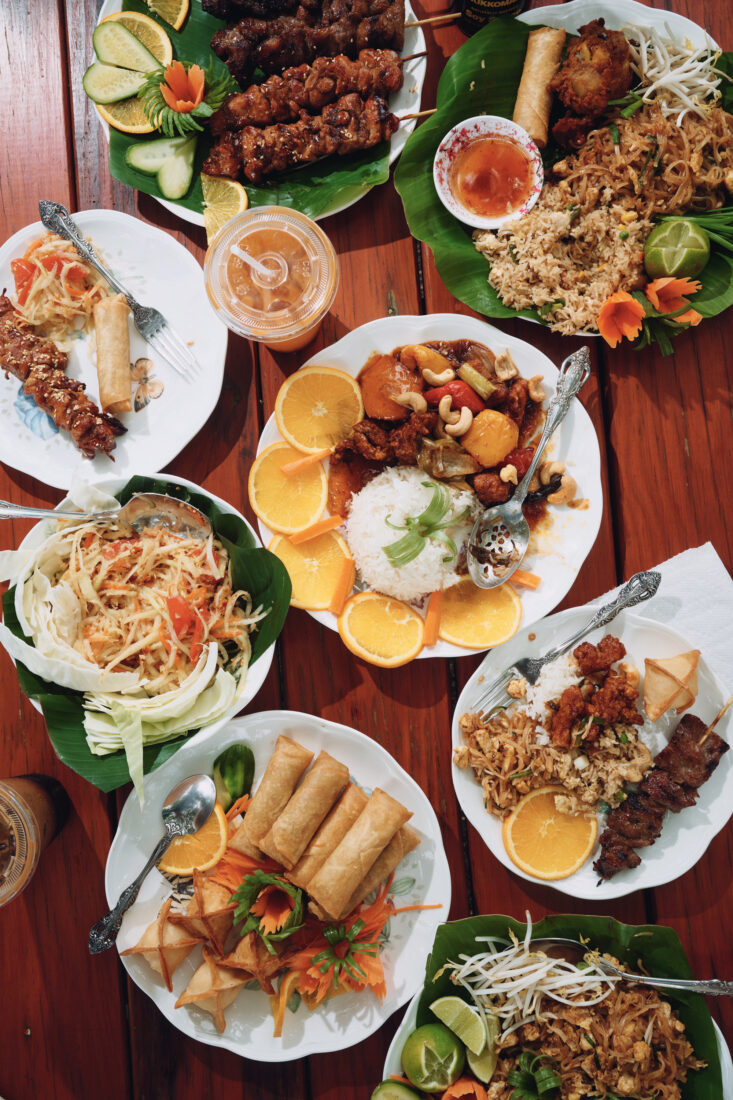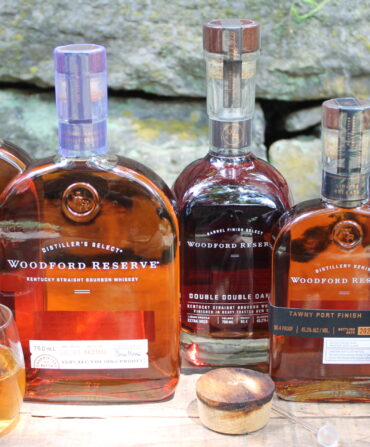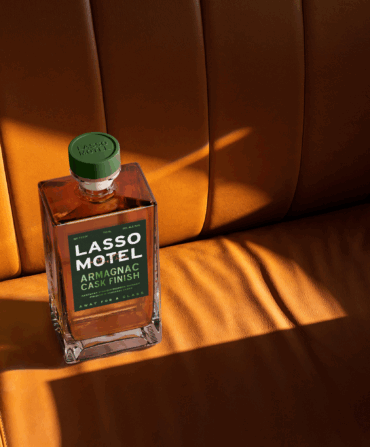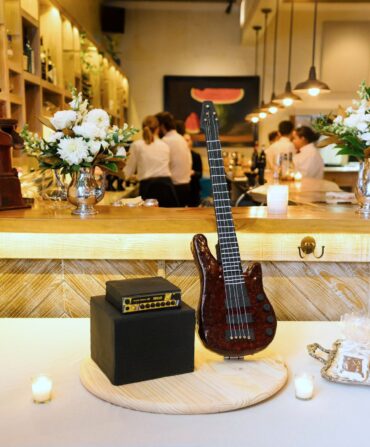A mother in gingham pushes a baby stroller across a gravel lot, bound for one of thirty-odd redwood picnic tables set among a stand of magnolias and oaks, beneath a water tower for the Mississippi Gulf Coast town of Gautier. Dressed in Sunday-best khakis, the young father trails, carrying two foam boxes packed with chicken curry and egg rolls.
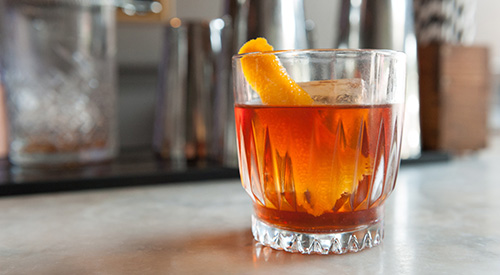
Each Sunday from ten until three, Wat Buddhametta Mahabaramee, a Thai Buddhist temple, stages a lunch fundraiser that draws churchgoing families as well as Buddhists from the Thai, Laotian, and Vietnamese communities that necklace the Gulf between New Orleans and Mobile. Three turns and three minutes off I-10, on a quiet stretch of roadway not far from an RV park, the temple compound rises from the piney woods like a blazing candelabra, a spectacle of color and beauty that serves worshippers and visitors as a place of peace and welcome. Red pagodas trimmed in gold face the two-lane highway. Light poles topped with golden swans, a Buddhist symbol of the journey to enlightenment, line the gates.
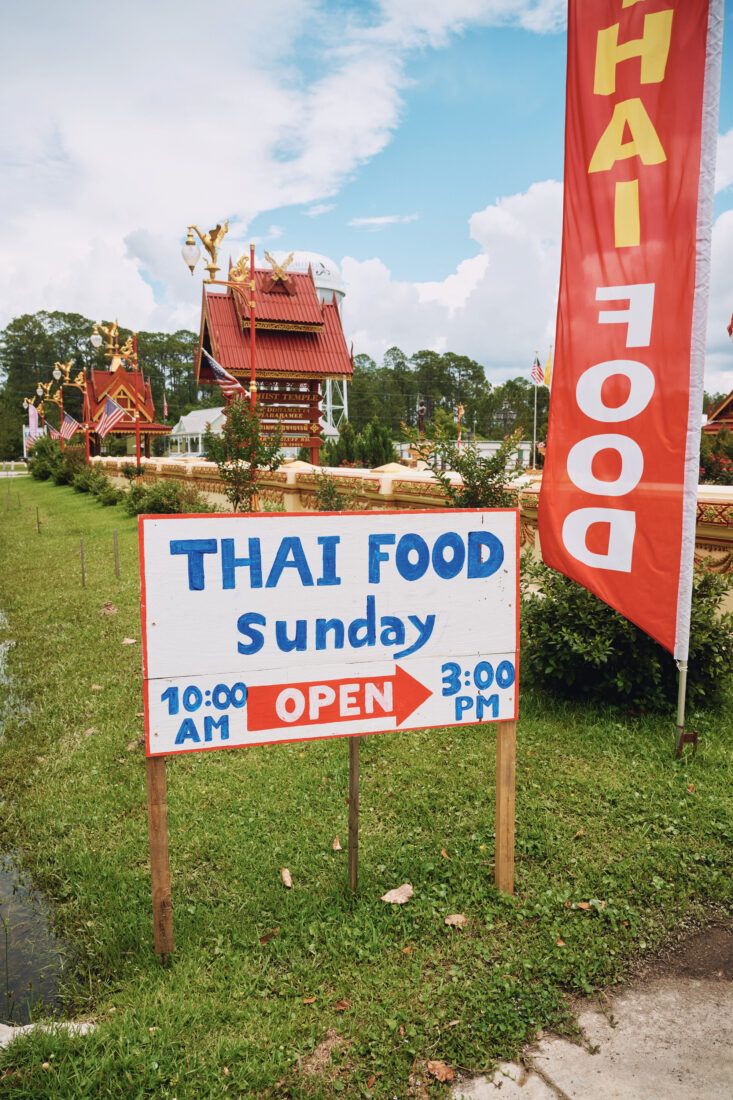
Look closely and you can see the siding-covered house at the heart of the compound, where Abbot Pisit Opnititanit and five other monks live and work. Born in Thailand, the abbot purchased the house and land in 2016 with a five-hundred-dollar down payment. Over the past decade, he and the monks, dressed in saffron-colored robes and sandals, have done most of the work on what is now the temple, pouring concrete for walls, fixing new gables to the roof, and installing statues of the Buddha.
Sunday visitors line up at what looks like a cross between a street food stall from Thailand and a food court from an American shopping mall, tacked to the back end of the temple, facing that gravel lot and those picnic tables. Mounted above the line, pictures of the dishes are overlaid with prices, from $1 for cabbage-stuffed egg rolls to $7 for pad thai to $12 for chicken curry.
Prep begins before sunrise, when a volunteer crew, led by Yuvadee Koedsakul and other women from the temple, begin chopping peppers, skinning chickens, and slicing papayas. By nine, the monks step into place at their woks. The sweet smell of frying onions rides on the morning breeze. So do the high and musical voices of the volunteers.
A visitor named Pom, who works for the Mobile County Sheriff ’s Office over in Alabama, tells me that he’s been living on the Gulf Coast since 2000, but this is his first time at the Gautier temple. He’s got his eyes on the pork sticks, ribbons of marinated shoulder folded onto wooden skewers, grilled until tender and pleasantly sticky, served with a dip that hints of fermented fish sauce.
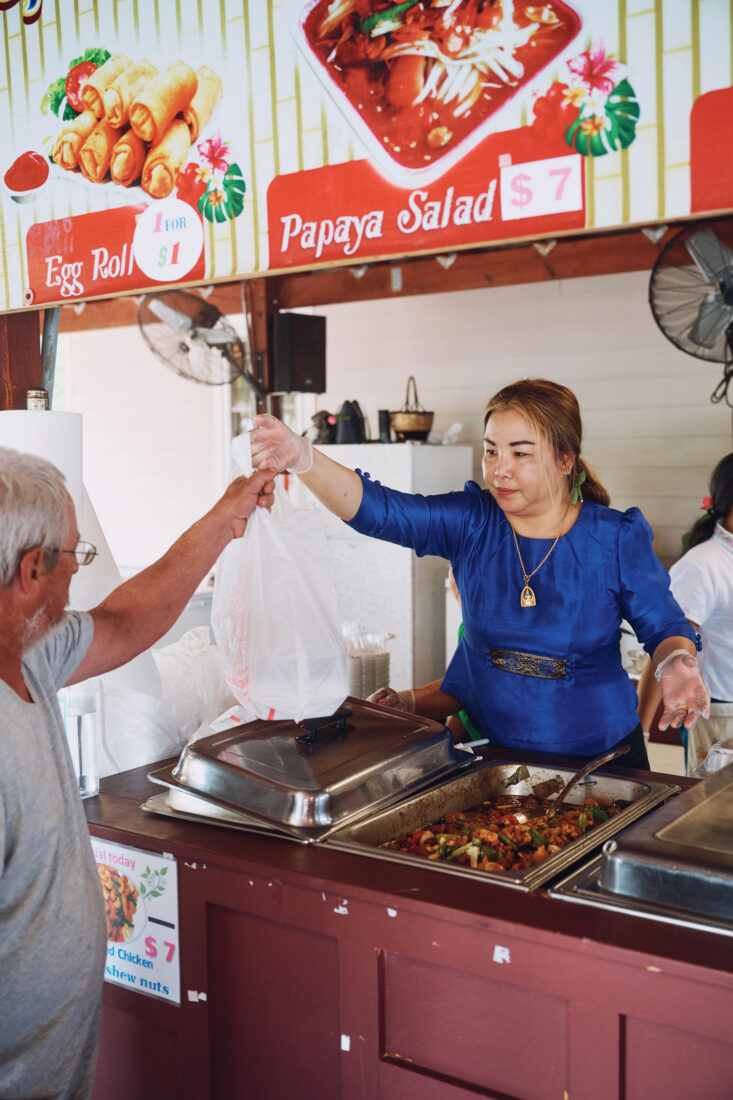
Most of the menu will be familiar to American-born eaters accustomed to Thai restaurants that borrow from across Asia and North America: crab rangoon appetizers, stuffed with cream cheese and shredded crab sticks. Stirfried chicken with cashews, chunked with glossy red and yellow peppers, swimming in a sweetened soy sauce. Pad thai, thickened with scrambled eggs, the noodles cut into short strands. For dessert, regulars order dollar beignets, lifted from the New Orleans larder and sprinkled with powdered sugar. This is scratch cooking, tame enough for mainstream American palates, prepared with care and respect.
Visitors who come for lunch are welcome to enter the temple through the back door, leave their shoes alongside the sandals left by the monks, and cross into the onetime family room, with its maroon shag carpet and stucco walls. Opposite a brown velour couch, a golden Buddha, head crowned with coils of blue hair, sits cross-legged on a raised platform.
The monks chant and meditate at six each morning and six each evening. On this visit, to film an episode of TrueSouth, the TV show I host, the abbot and five monks, each in a simple orange wrap, sit to the right of the golden Buddha. A beautiful black-and-tan mutt named Ta Wan, abandoned to the care of the monks, sleeps at their feet. Like Catholics who conduct services in Latin, the monks chant in Pali, the language of the Buddha’s earliest teachings. Hands clasped before them, their words rise and fall, reedy and rhythmic.
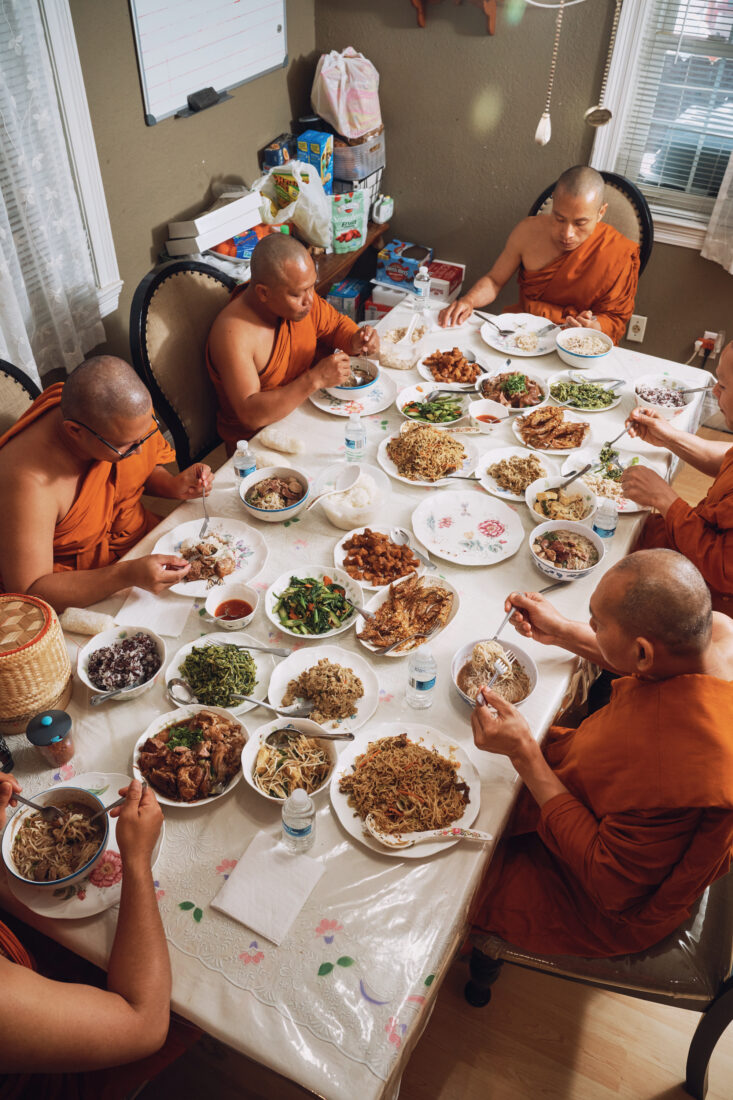
Rick Champagne, retired from the U.S. Air Force, like many people who live on the Mississippi Gulf Coast, drives to the temple most Sundays. After his marriage fell apart, Champagne tells me, he needed this place. Now working part-time for a produce company, he often brings a donation, to pay his respects and help the temple plan a future. Today he came with a pasteboard box, stacked with yellow squash and cabbage.
That future is also on the minds of the people who gather here to worship. Inside the old family room where the golden Buddha sits, the abbot has tacked plans for a new temple to the wall. Each plate of cashew chicken, every order of pad thai, goes toward meeting the million dollars in building costs those plans entail. “That’s why they cook,” Champagne tells me. But there’s more to these Sundays than raising funds. “I watch the looks on their faces when people come here to eat, and I see their joy,” the abbot says, after taking his turn on a wok. “That’s why we cook.”
Plus: An Artful New Café Rises in Ocean Springs
Tucked in a refurbished house behind the Walter Anderson Museum of Art in Ocean Springs, Mississippi, the Traveler, an all-day café and coffee shop, extends the work of the museum’s namesake, the late and now-beloved visionary artist and naturalist. Site-specific murals and sculptures by contemporary artists complement cicada light sconces and coffee mugs, made by the crosstown Shearwater Pottery. Breakfast calls for slices of cardamom-orange coffee cake. For an ideal snack, try the smoked tuna dip, served with a bag of Zapp’s. Weekends highlight pop-ups by local chefs like Selene Puga, who turns out cheese empanadas with crackly crusts.


